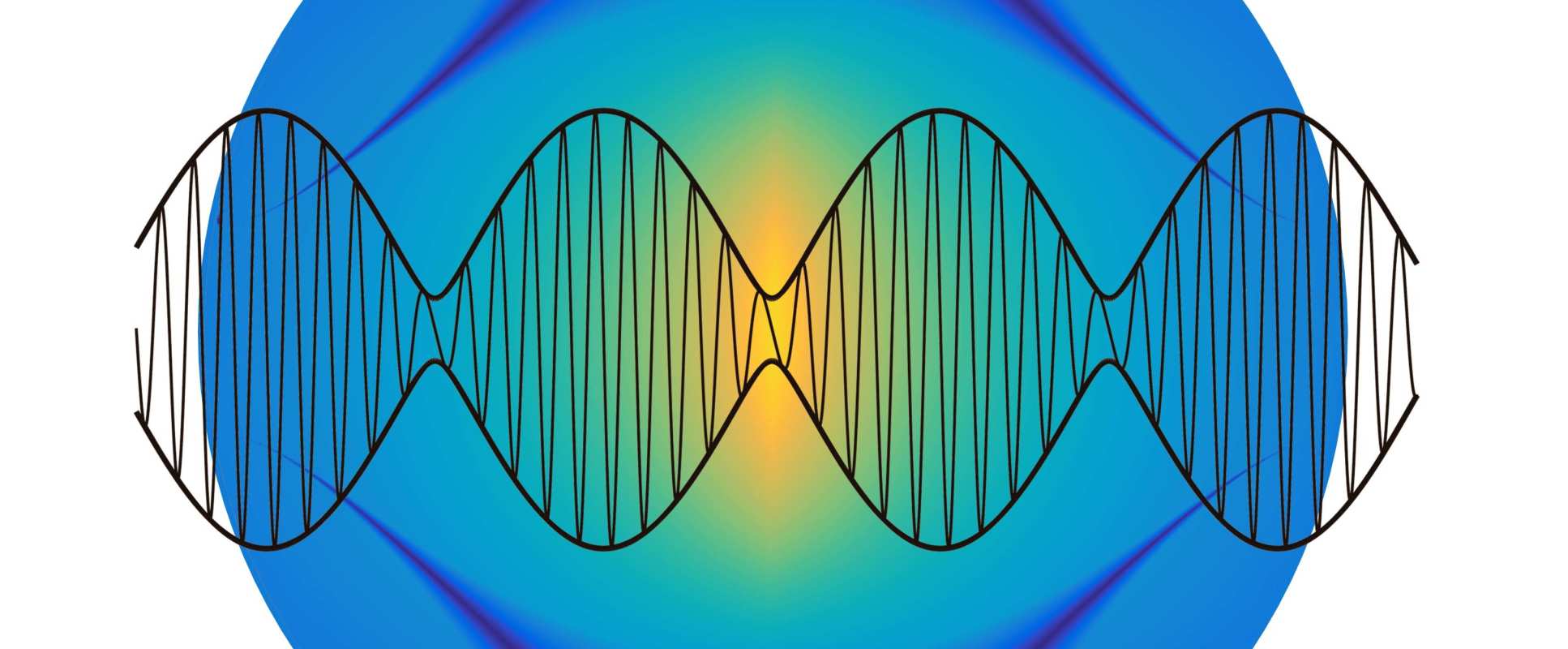
Aberrant network activity plays a critical role in the progression of neurodegenerative diseases, such as Alzheimer’s disease and Parkinson’s disease, not just by disrupting the spatiotemporal framework that underpins cognitive and motoric functionality, but also by dysregulating the activity level of both glia and neurons and thus the numerous dependent cellular processes. The underlying mechanisms that lead to an aberrant network activity in these cases and the relationship between an aberrant network activity and the amyloid-β (Aβ) cascade are poorly understood.
The long-term goal of my research programme is to develop physical means of brain stimulation, known as ‘neuromodulation’, to probe and treat the dysfunctional neural networks through direct control of circuit activity.
The programme drives innovation via scientific exploration of common biophysical principles underpinning the neural processing of electromagnetic and sensory stimulation, with natural bridges between advanced computational neuroscience and cutting-edge experiments, ranging from a single neuron cell to human behaviour.
Key objectives and contact for lead
Key objectives
The key objectives of this research programme are to:
- develop non-invasive brain stimulation tools for modulating the activity of deep brain structures non-invasively.
- develop brain stimulation principles to mitigate circuit loss in dementia.
- develop the clinical applications (i.e., translation) of the tools and principles developed in objectives 1 and 2.
Enquiries
If you have any enquiries about this programme or are interested in joining this group, please contact:
UK DRI Group Leader & Lecturer in Dementia Research
Dr Nir Grossman
nirg@imperial.ac.uk
How temperature and circadian rhythms intersect to regulate a protein shown to protect against neurodegeneration
A new study led by Dr Marco Brancaccio (UK DRI at Imperial) and Dr Marieke Hoekstra (former UK DRI at Imperial, now VIB-KU Leuven Center for Brain & Disease Research) offers a deeper insight into how a neuroprotective pathway is regulated both by temperature and the body clock. This research, published in the journal PNAS, could open up new therapeutic avenues for neurodegenerative disease. Read more on the UK DRI website
Introducing Cynthia Sandor: Pioneering earlier detection of Parkinson’s
Dr Cynthia Sandor, former Emerging Leader at the UK DRI at Cardiff, joins the UK DRI at Imperial as a Group Leader, where she will be tackling early diagnosis of Parkinson’s.
With a background in genetics, Dr Sandor uses computational methods to bring greater understanding to the underlying molecular mechanisms of Parkinson’s. Read more about Cynthia's work on the UK DRI website.

